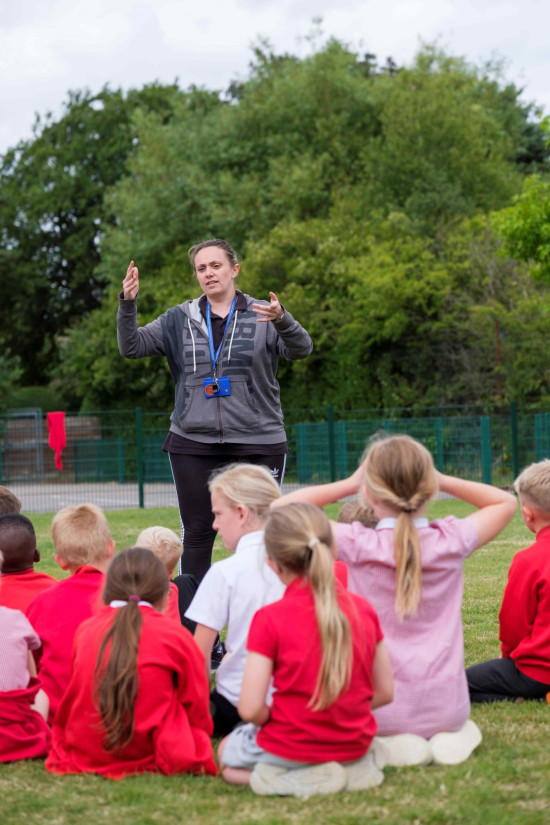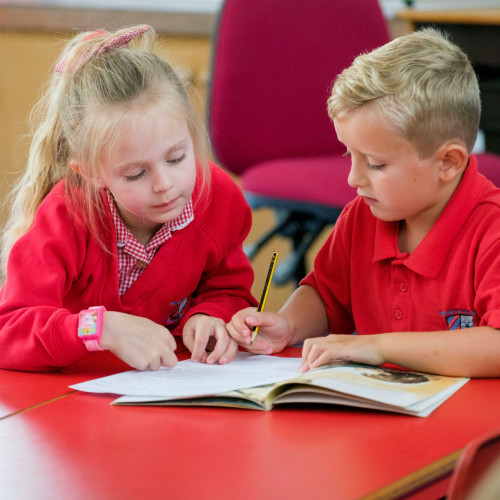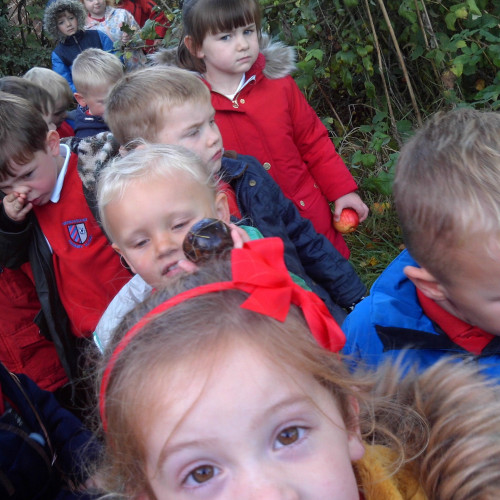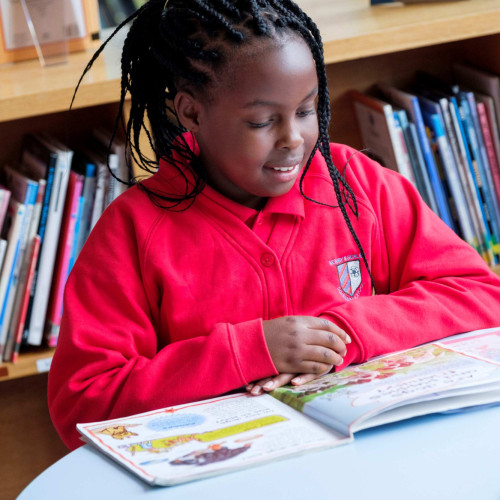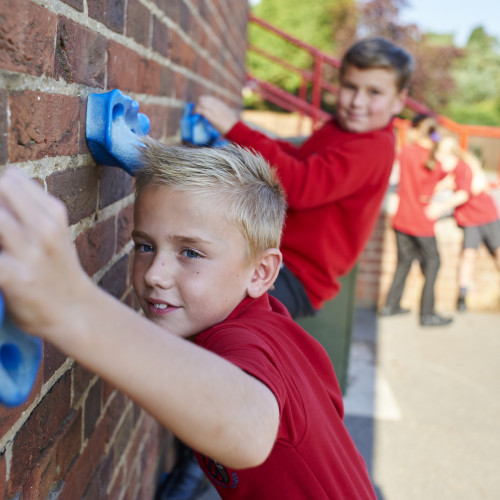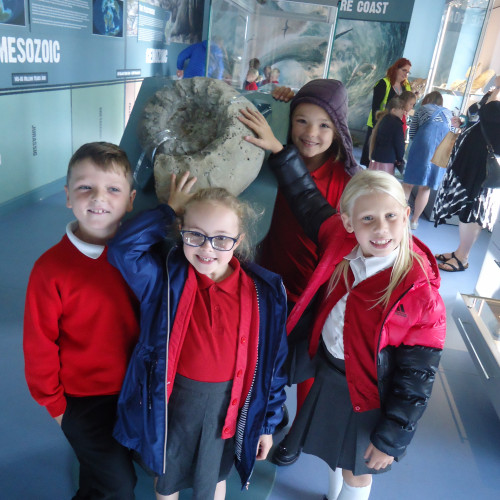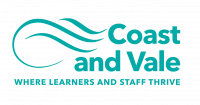PE
The PE curriculum is designed to inspire and engage all pupils into participating in physical activity. It gives pupils the chance to take ownership of their own health and fitness along with incorporating healthy choices into their lifestyle. This curriculum is ambitious for all, including those for whom some adaptations are made.
The curriculum focusses on the development of agility, balance and coordination, healthy competition and cooperative learning through appropriate challenge and support. Pupils develop a knowledge of these fundamental skills and are able to apply them into competitive situations as well as developing teamwork and collaboration. The curriculum supports them in being physically confident and understanding how this contributes to their overall health and physical and mental well-being. Pupils are physically active for sustained periods of time.
The curriculum content builds progressively though the themes of:
- Motor competence
- Rules, strategies and tactics
- Healthy participation
Subject specific language is taught so that pupils use specialist and technical vocabulary to question, provide feedback on performance, apply strategy and communicate effectively within a team. Pupils engage in a range of activities so that they can make personal choices and develop a lifelong love of physical activity, sport and exercise. These include:
|
Athletics |
Ball Skills |
Basketball |
Cricket |
|
Dance |
Dodgeball |
Fitness |
Fundamentals |
|
Golf |
Gymnastics |
Hockey |
Invasion |
|
Net and Wall |
Netball |
Outdoor adventurous activities |
Rounders |
|
Sending and Receiving |
Striking and fielding |
Swimming |
Tag Rugby |
|
Target Games |
Team Building |
Tennis |
Yoga |
All children, have swimming instruction during their time in school which enables them to swim competently, confidently and proficiently, with a range of strokes, over a distance of at least 25 metres.
Pupils develop:
- ‘substantive knowledge’, which is the knowledge and subject-specific vocabulary concerning movement, rules, tactics, strategies, health and participation. This knowledge is not a list of disconnected facts; it is explicitly linked to the content being taught.
- ‘disciplinary knowledge’, is the know-how to apply substantive knowledge. This might include applying the tactics to a practice situation or modified game.
We promote the cultural development of pupils by providing a range of opportunities to participate in and respond positively to sporting and cultural activities. This includes extra-curricular activities for all. Opportunities to compete in sport and other activities build character and help to embed values such as fairness and respect.
